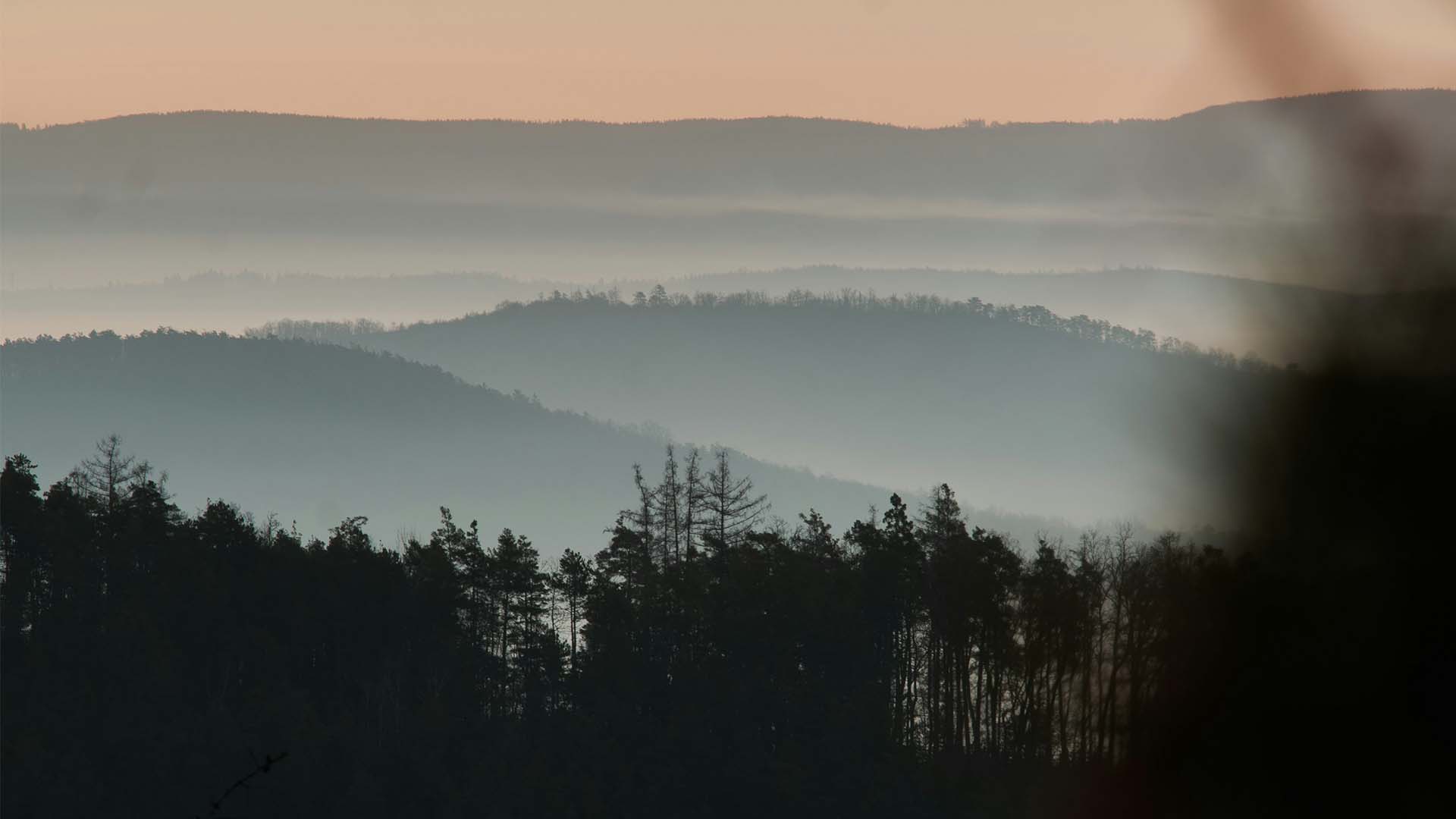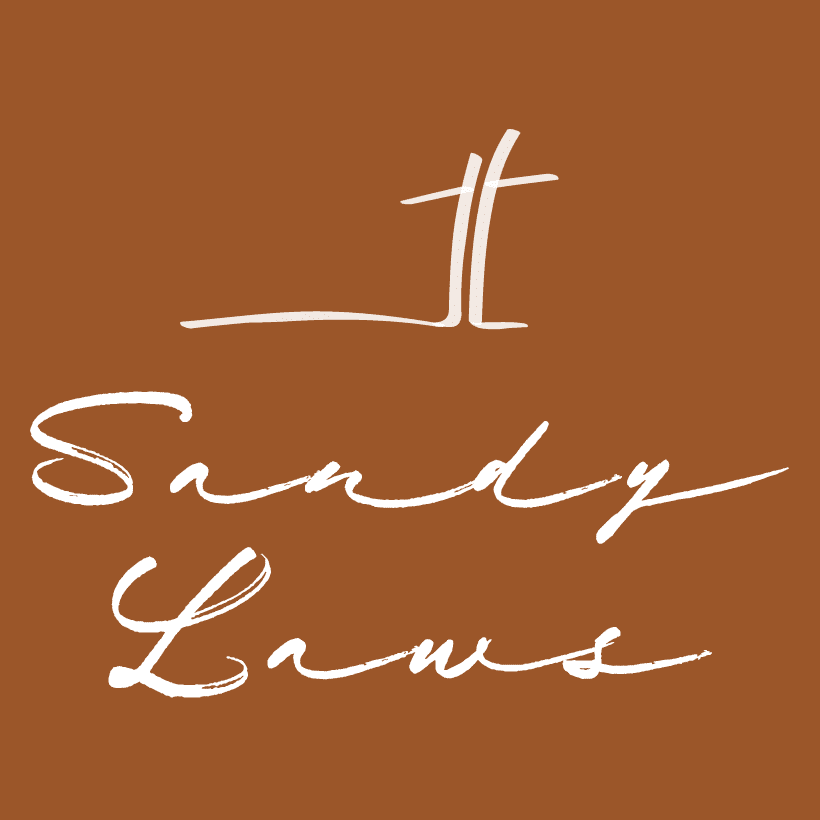
I’ve been thinking a lot about mystery lately. You know those moments when you’re confronted with the vast unknown of faith? When the questions feel bigger than the answers? Yeah, me too.
In our hyper-rational, Google-everything world, we’ve lost something profound: the art of living in mystery. We’re addicted to answers, explanations, and rational frameworks. But what if our obsession with knowing is actually holding us back from something beautiful?
Here’s what I’m learning: mystery isn’t a problem to solve, it’s an invitation to worship.
Think about it. The early church didn’t have systematic theology textbooks. The desert fathers didn’t have apologetics podcasts. They had something we’ve largely lost: the ability to sit in the tension of not knowing, and finding God there.
A few thoughts on embracing mystery:
“Now faith is confidence in what we hope for and assurance about what we do not see.” —Hebrews 11:1
Trust God Because He Sees the Bigger Picture.
In those moments when life’s road feels confusing, it’s like following a GPS. We often only see the road directly in front of us, but God sees the whole journey. Just like we trust GPS to lead us when we don’t know the way, we can trust God to guide us through the twists and turns of life—even when we can’t see the full picture. Trusting God’s timing and His plan can help us find peace in the moments of uncertainty.
Embrace Unknowing (It’s Actually Underrated)
The medieval mystics talked about the “cloud of unknowing” – this radical idea that sometimes we have to let go of our need to understand to actually encounter God.
Let Your Questions Become Prayers
Sometimes the most honest prayer is just sitting with our questions before God. No answers required. The early church fathers and mothers knew something we’ve forgotten – that wrestling with God builds spiritual muscle.
Find Strength in What You Do Know
When doubts arise, it’s easy to focus on what you don’t know. But the key to peace is focusing on what you do know about God’s character, faithfulness, and His presence in your life. This approach helps us frame the unanswered questions as opportunities for trust, rather than obstacles to faith. Paul, after wrestling with profound mysteries, didn’t throw up his hands in frustration—he lifted them in praise.
Let Mystery Lead to Wonder
When we stop trying to fit God into our mental frameworks, we might just find ourselves standing in awe instead. And isn’t that better? Instead of asking “Why doesn’t God answer?” try “What might God be teaching me in the silence?”
Put It Into Practice
What if, instead of fighting the mystery, we learned to live in it? To find God not in spite of our questions, but through them? Try this framework this week:
Reflect: Set aside 10 minutes each day and journal about what questions you wrestle with. Be present to the mystery of God.
Study: Focus on what you know to be true about God and His character. What does the Bible say? (Bonus: study in community. Join me any Wednesday night, and I’d love to chat through your questions!)
Worship: How might God be revealing His might and glory even in the unknown? Worship our God who is bigger than our understanding and yet cares for us so deeply.
Alongside you in the journey!

